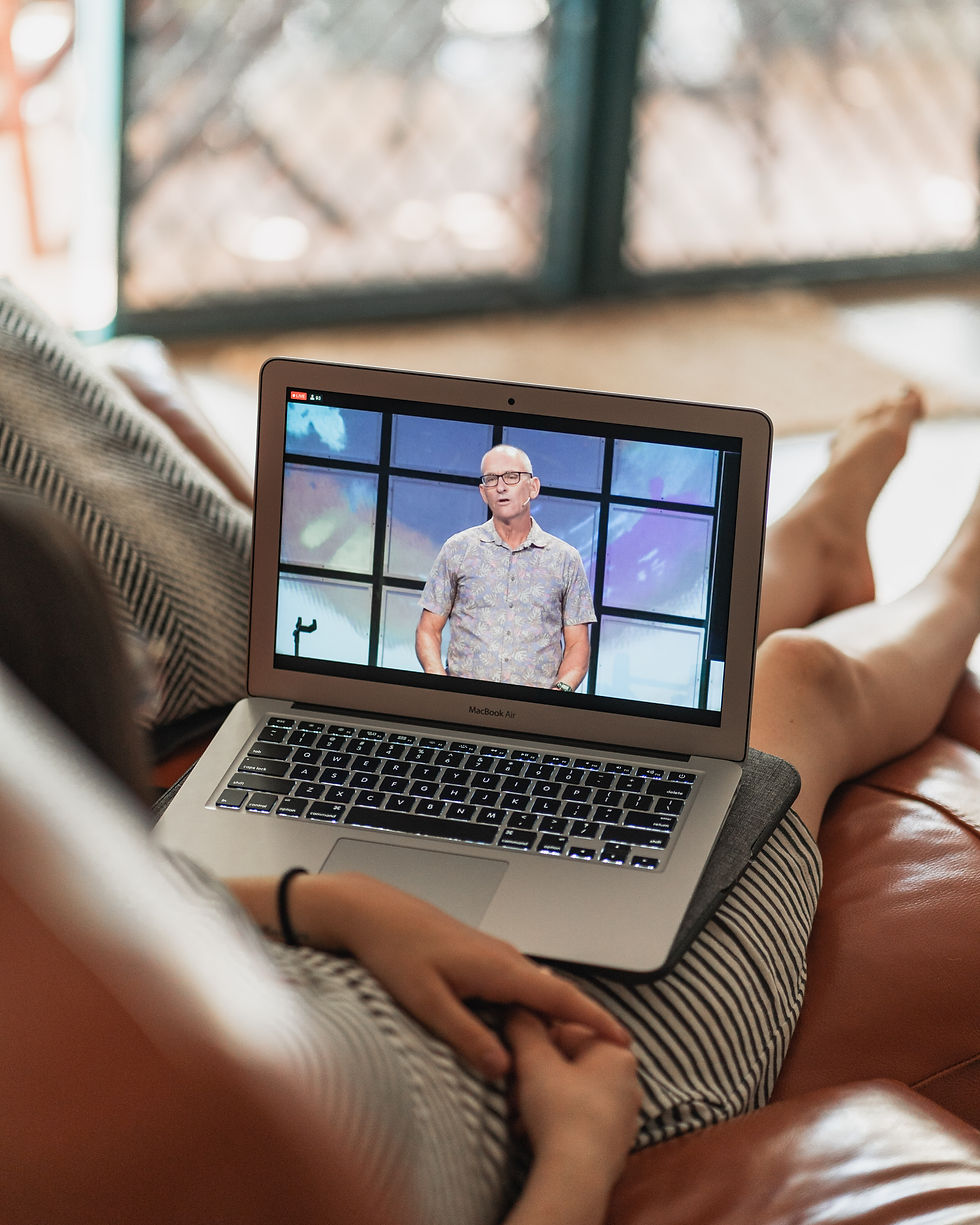In today's fast-paced world, the constant stream of information from mass media and the 24-hour news cycle has made it increasingly easy to be swayed by surface-level content. While access to information has never been greater, there is a noticeable decline in the average person's ability to think critically and evaluate this flood of data. This issue isn't necessarily a direct critique of the media but rather a reflection of how our society interacts with the overwhelming amount of content we encounter.

Scholars have noted that the speed and accessibility of modern media can hinder our ability to process information thoughtfully. In her research, Patricia Greenfield asserts, "Our use of technology affects how we think, and constant exposure to screens has weakened our ability to engage in critical analysis and reflection. As a result, we are trading cognitive depth for cognitive breadth." (Greenfield, 2009).
This information-rich environment fosters superficial engagement, making it easier for people to be swayed by headlines or emotionally driven content instead of taking time for thoughtful deliberation.
The convenience of rapid news and media consumption encourages intellectual complacency. Headline surfing, social media snippets, and ticker trolling may feel like an efficient way to consume media, but quality control is hard to maintain.
True critical thinking requires deliberate effort, but our culture often prizes speed over depth. A study published in "Educational Theory" suggests that "...the ubiquity of instantaneous information has decreased our ability to think critically and analytically, as we are often more concerned with retrieving facts quickly than understanding the underlying complexities." (Carr, 2010). This affects not only our engagement with media but also our broader approach to solving problems and making informed decisions in everyday life.

At its heart, lifelong learning and critical thinking require curiosity and a willingness to challenge assumptions. It's about pushing past the noise to examine the facts and form independent conclusions. This is especially important in today's digital age.
As George Siemens emphasizes, "The ability to critically evaluate information is the most important skill in a world where knowledge is no longer scarce, but where our attention is." (Siemens, 2005). This principle applies far beyond news media, shaping how we learn, make decisions, and approach the world around us.
So how do we reclaim our capacity for critical thought and lifelong learning? First, we must recognize that learning shouldn't end when formal education does. Second, learning doesn't have to be dull! In my coaching practice, I always suggest keeping any first step as simple as possible. Consider it a mixture of KISS (Keep It Simple Stupid) and SMART goals (Specific, Measurable, Achievable, Relevant, and Time-Bound).
One possible "first step" toward reigniting your learning is to pick a topic you're genuinely curious about and set aside just 15 minutes a day to explore it. (Not 14 and not 16!) Whether it's reading an article, watching an educational video, or listening to a podcast, this small, time-bound commitment helps ease you into learning without feeling overwhelmed. The key is to start small, stay consistent, and build from there!

To keep your newly kindled fire for learning going, it is essential to remember that learning is a lot like nutrition - you are impacted by what you consume. By seeking out reputable sources, questioning assumptions, and digging deeper, we can begin to rebuild our ability to think critically.
As Nicholas Carr aptly states in his work, "The price of using the Internet to fulfill our immediate informational desires is the slow erosion of our capacity for contemplative thinking." (Carr, 2010). This erosion, however, is something we can counter by consciously prioritizing deep, reflective learning over passive consumption. This starts with your first step! Block the time, stick to the timeframe, procure quality learning resources, and, above all, question your assumptions regularly!
In a world filled with distractions, the ability to think for ourselves is invaluable. Lifelong learning and critical thinking are keys to navigating a complex, ever-evolving world with confidence and clarity. By making the effort to question, learn, and grow continuously, we can reclaim our ability to make informed decisions based on thoughtful analysis rather than being swept away by the tide of information.
So, what one thing will you do TODAY to learn something new?
References:
Carr, N. (2010). "The Shallows: What the Internet is Doing to Our Brains." W. W. Norton & Company.
Greenfield, P. M. (2009). Technology and Informal Education: What Is Taught, What Is Learned. "Educational Philosophy and Theory", 41(2), 254-266.
Siemens, G. (2005). "Connectivism: A Learning Theory for the Digital Age" International Journal of Instructional Technology and Distance Learning.

Comments